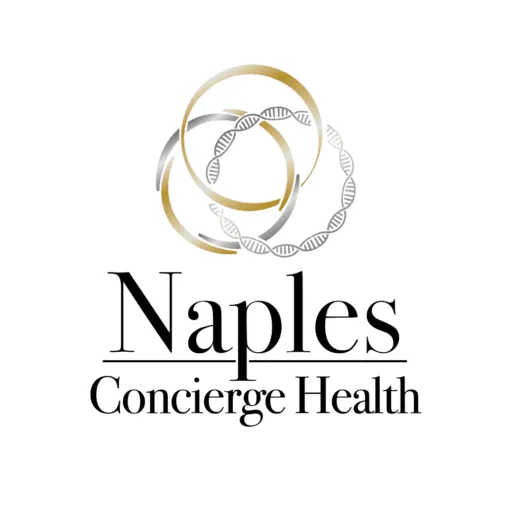Why Midlife Matters
Your 40s, 50s, and 60s represent a critical window for long-term health. Medical research shows that genetic factors account for only 20-30% of aging outcomes, while modifiable factors account for the rest.
Screening Guidelines Have Evolved
Recent guidelines now recommend mammograms starting at age 40 (not 50), recognizing that early detection can save nearly 20% more lives. Breast cancer rates among women in their 40s have been rising about 2% each year, making this earlier screening window essential. This October, during Breast Cancer Awareness Month, it’s a reminder that staying proactive with screenings can catch issues when they’re most treatable.
Colorectal cancer screening has also shifted to age 45 (down from 50) due to rising cases in younger adults. Colon cancer deaths in Americans under 55 increased approximately 1% per year from 2008-2019, even as overall rates declined. Early colonoscopies or stool tests can catch precancerous polyps when intervention is most effective.
Cardiovascular Health Protects Heart and Brain
Heart disease remains the leading cause of death in women, yet it often develops silently through midlife. Regular blood pressure monitoring is essential because hypertension typically has no obvious symptoms. High cholesterol deserves attention not just for cardiovascular health, but because it’s now recognized as a dementia risk factor. Managing blood pressure and cholesterol in your 40s and 50s protects both your heart and brain.
Hormonal and Metabolic Changes Require Attention
Thyroid imbalances are the most common hormonal issue in women, and midlife is when they often emerge. Thyroid dysfunction can mimic menopause symptoms—fatigue, weight changes, brain fog—making it important to check thyroid levels when symptoms arise. Bone health also shifts after menopause when osteoporosis risk increases, making baseline bone density scans in your 50s or 60s valuable for establishing trends and guiding early intervention if needed. Screening for diabetes or prediabetes becomes increasingly important, as catching blood sugar issues early allows for lifestyle changes that prevent serious complications.
Brain Health Begins in Midlife
Research indicates that up to 40-45% of dementia cases could potentially be prevented or delayed by addressing modifiable risk factors during midlife. These include managing blood pressure and cholesterol, staying physically active, maintaining social connections, and addressing sleep problems. What’s good for your heart is good for your brain—the habits you establish in your 40s, 50s, and 60s directly influence cognitive health in later years.
Menopause and Mental Wellbeing
Addressing menopause symptoms isn’t about “toughing it out”—modern therapies support long-term health and quality of life. Untreated symptoms like chronic insomnia from night sweats can lead to mood disturbances and elevated blood pressure. Women are more likely than men to experience depression or anxiety in midlife due to hormonal fluctuations and life stressors, yet these conditions often go undiscussed. Preventive care includes mental wellbeing—conditions like anxiety or sleep disruption deserve attention, not silence.
When it comes to your health, you deserve a physician who truly listens.
 Women in midlife and beyond face unique health challenges that require more than rushed appointments and one-size-fits-all solutions. From navigating hormonal changes and menopause to staying ahead of cardiovascular risks and ensuring proper preventive screenings, your health journey deserves personalized attention.
Women in midlife and beyond face unique health challenges that require more than rushed appointments and one-size-fits-all solutions. From navigating hormonal changes and menopause to staying ahead of cardiovascular risks and ensuring proper preventive screenings, your health journey deserves personalized attention.
Dr. Linda Lucombe understands that comprehensive women’s healthcare requires both clinical expertise and genuine partnership. With her 26 years of experience, she brings evidence-based care rooted in deep, lasting relationships with her patients.
Schedule an Introductory Meeting Today
The Concierge Difference
Since converting to the concierge model in 2021, Dr. Lucombe maintains a limited patient panel, offering direct access and same-day appointments when you need them most. She takes time during unhurried visits to understand your complete health picture—your family history, your concerns, your goals. As your advocate, she coordinates seamlessly with specialists and insurance companies, ensuring nothing falls through the cracks.
This is medicine the way it should be: comprehensive, convenient, and collaborative.
Your health journey deserves a trusted partner who goes the extra mile.

